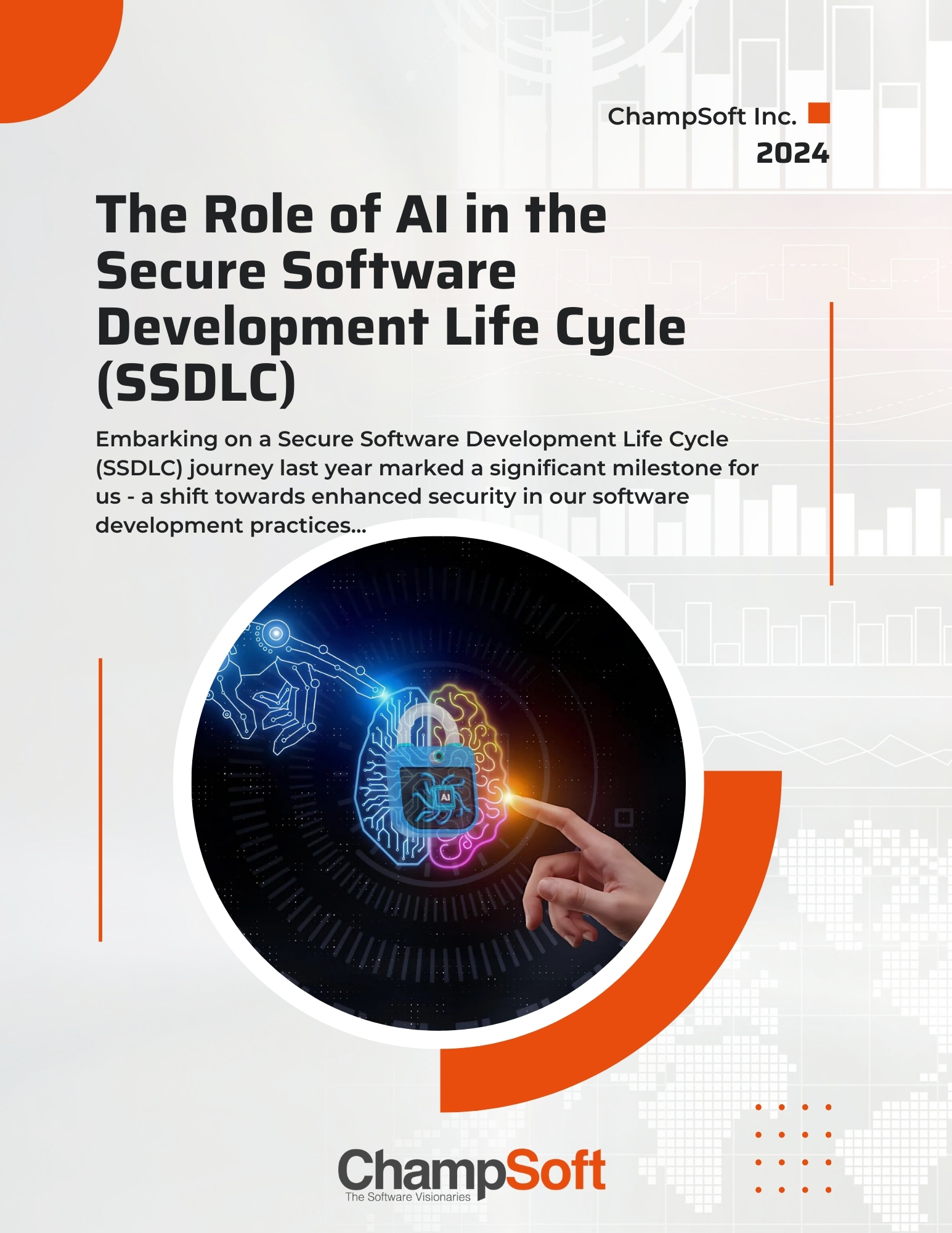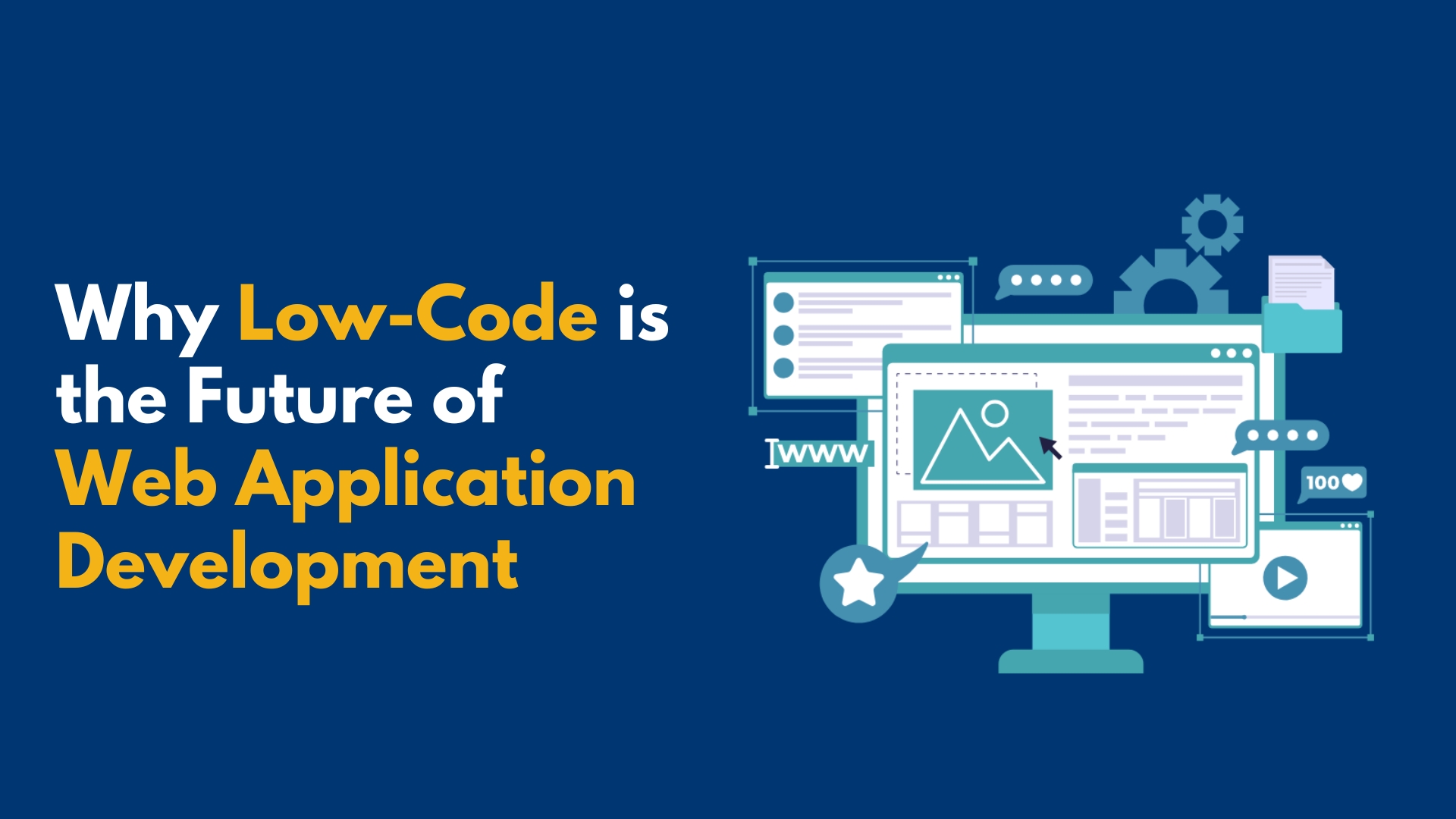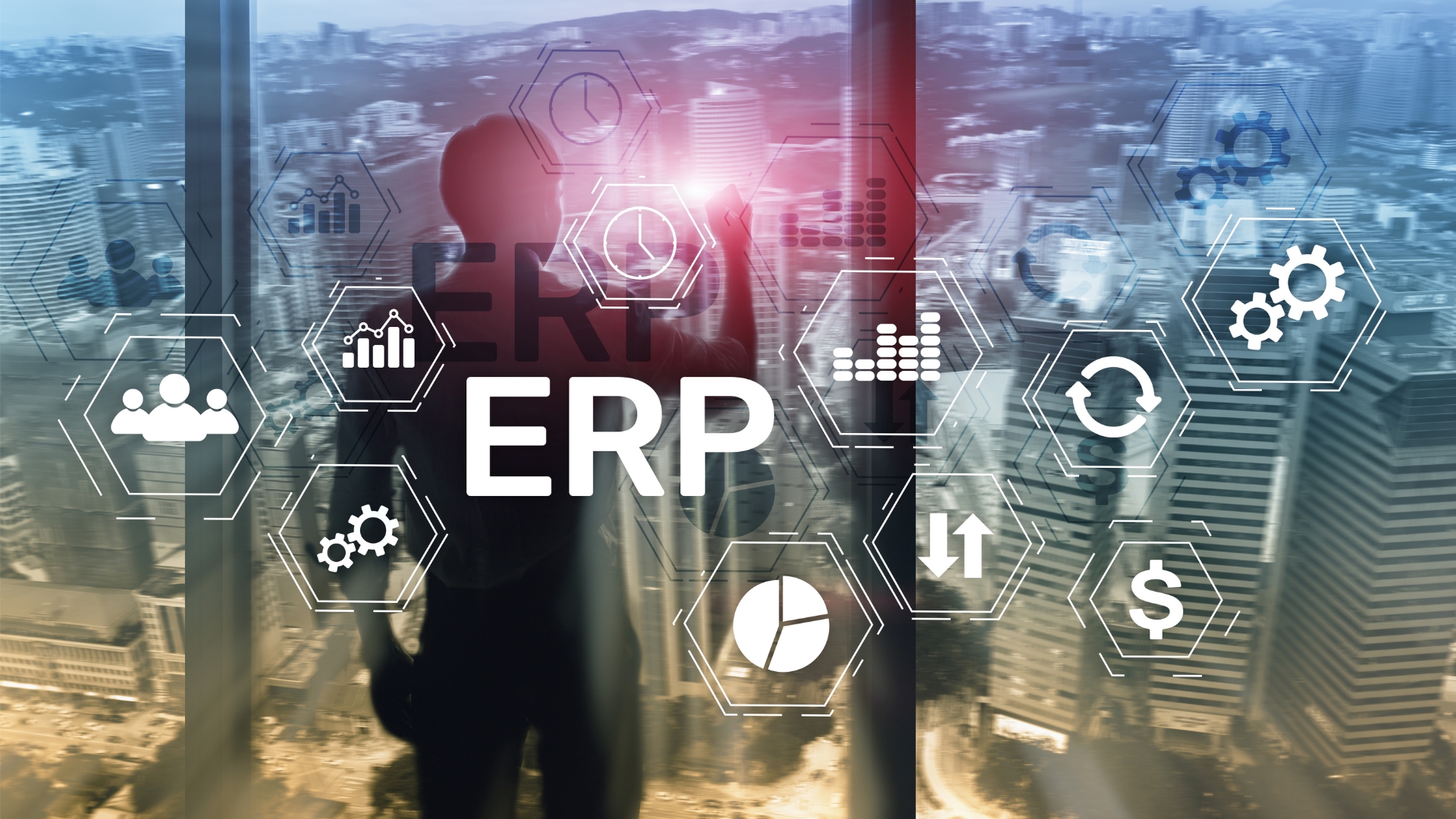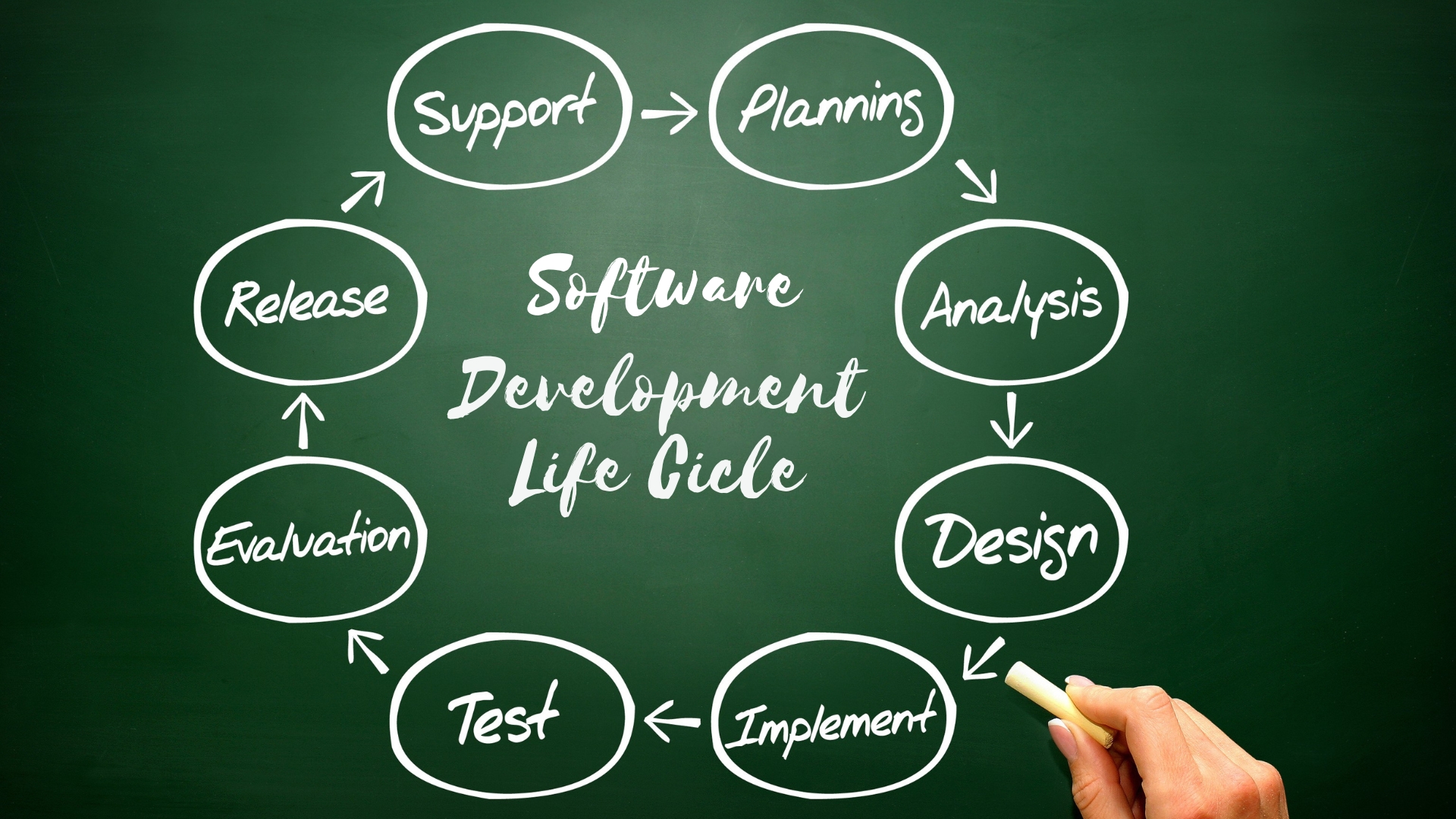In the ever-evolving landscape of web development, choosing the proper PHP framework can significantly affect your project’s efficiency and success. PHP, a popular server-side scripting language, provides several frameworks tailored for various development needs. This article examines the leading PHP frameworks of 2024, their advantages, and their importance in today’s web development.
Why Consider Using a PHP Framework?
PHP frameworks are essential tools for web developers as they offer numerous advantages:
- Faster Development: Frameworks provide a ready-made code template and libraries that speed up development.
- Code Reusability: Frameworks promote code reusability through pre-built modules that can be easily integrated.
- Enhanced Security: They have built-in security features that protect applications from threats like SQL injection and cross-site scripting.
- Easy Maintenance and Scalability: Frameworks enforce MVC (Model-View-Controller) architecture, ensuring organized code that is easier to maintain and scale.
Top PHP Frameworks in 2024
1. Laravel
Laravel continues to be the most popular PHP framework thanks to its elegant syntax, robust features, and vibrant community. It is known for simplifying everyday tasks such as routing, authentication, and caching. Critical features of Laravel include:
- Elegant Syntax: Laravel offers an expressive syntax that makes coding a delightful experience.
- Artisan CLI: The command-line interface provides powerful commands to facilitate development and testing.
- Eloquent ORM: An object-relational mapper that allows for simple and elegant database interactions.
- Blade Templating: A lightweight yet powerful templating engine.
- Comprehensive Documentation: Extensive documentation and numerous tutorials are available.
2. Symfony
Symfony is renowned for its modularity and ability to reuse components. It’s particularly suitable for large-scale enterprise applications due to its robustness. Key highlights include:
- Reusable Components: Numerous standalone components can be used in various projects.
- Bundles: A flexible architecture that allows developers to add functionalities via bundles.
- Professional Support: Comprehensive professional support and long-term stability assurances.
- Supported by Large Community: Widespread use and support from a large community.
3. CodeIgniter
CodeIgniter is an excellent choice for beginners and those needing a lightweight framework with minimal configuration. It’s known for its simplicity and ease of use. Important features include:
- Small Footprint: A lightweight framework with low overheads.
- Easy to Learn: Simple to learn with comprehensive documentation.
- Speed: High performance due to minimalistic design.
- XSS Filtering and Built-In Libraries: Robust security measures.
4. Zend Framework
Zend Framework is now transitioning to the Laminas Project. It’s known for its gradable and object-oriented nature. Key benefits of using Zend include:
- Enterprise-Grade: Particularly suited for business-critical applications.
- Object-Oriented: Strict adherence to OOP principles with extensive use of design patterns.
- Customizable Components: A high level of customization is available.
- Cloud Support: Built-in features for cloud API services.
5. Yii Framework
Yii Framework is fast and efficient, ideal for web 2.0 applications. Known for its straightforward nature, it offers:
- High Performance: Optimized for better performance with efficient caching mechanisms.
- Security: Comprehensive security features out of the box.
- CRUD Generation: Built-in CRUD generation tool to speed up coding.
- Active Record: Object-oriented interface for database queries.
6. Phalcon
Phalcon is unique due to its C extension-based architecture, making it extremely fast. It’s known for low overheads and high performance, offering:
- Speed: One of the fastest frameworks due to its efficient architecture.
- Low Resource Usage: Minimized resource usage, making it suitable for high-traffic websites.
- Rich Feature Set: Numerous ready-to-use components and features.
- Flexible Architecture: Easily customizable due to its design.
7. CakePHP
CakePHP focuses on simplicity and speed, offering a rapid development framework with less boilerplate code. Noteworthy features include:
- Convention Over Configuration: Reduces complexity with pre-set conventions.
- Integrated Unit Testing: Testing capabilities integrated into the framework.
- Scaffolding: Automatic generation of code for reduced development time.
- Built-in Security Features: Strong security mechanisms ensuring safe coding.
8. Slim Framework
Slim Framework is a minimalistic micro-framework perfect for small applications and APIs. Key characteristics include:
- Lightweight: Minimal and easy to extend, making it lightweight.
- Fast: Optimized for speed and performance in small applications.
- Middleware Support: Allows for customized request handling.
- URL Routing: Excellent URL routing capabilities.
How to Choose the Right PHP Framework
When choosing a PHP framework, consider the following factors:
- Project Size and Scope: Align the framework with the project requirements.
- Learning Curve: Choose a framework that matches your skill level and team’s proficiency.
- Community Support: Strong community support ensures you can get help when needed.
- Performance Needs: Consider speed and efficiency requirements.
- Security Features: Look for inherent security measures in the framework.
Conclusion
PHP frameworks offer a robust foundation for developing dynamic web applications. Whether building a small website or a complex enterprise application, selecting the proper framework is crucial for success. From Laravel’s elegant syntax to Symfony’s flexibility, these frameworks provide many features to streamline development in 2024 and beyond.







